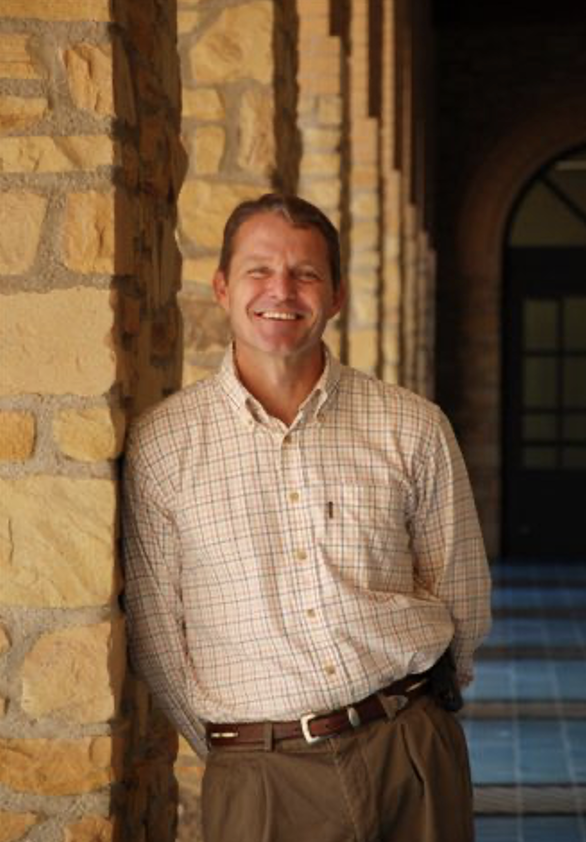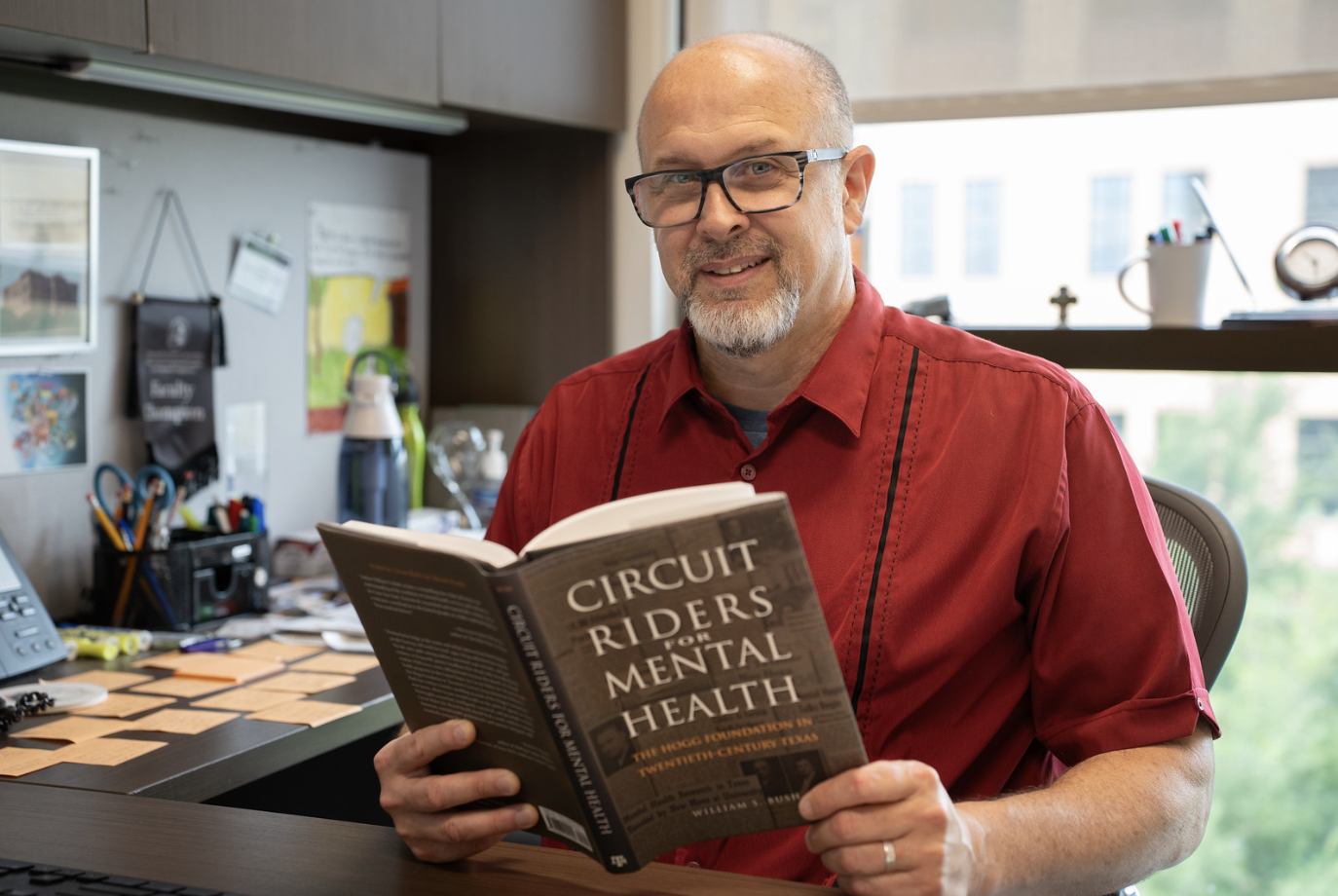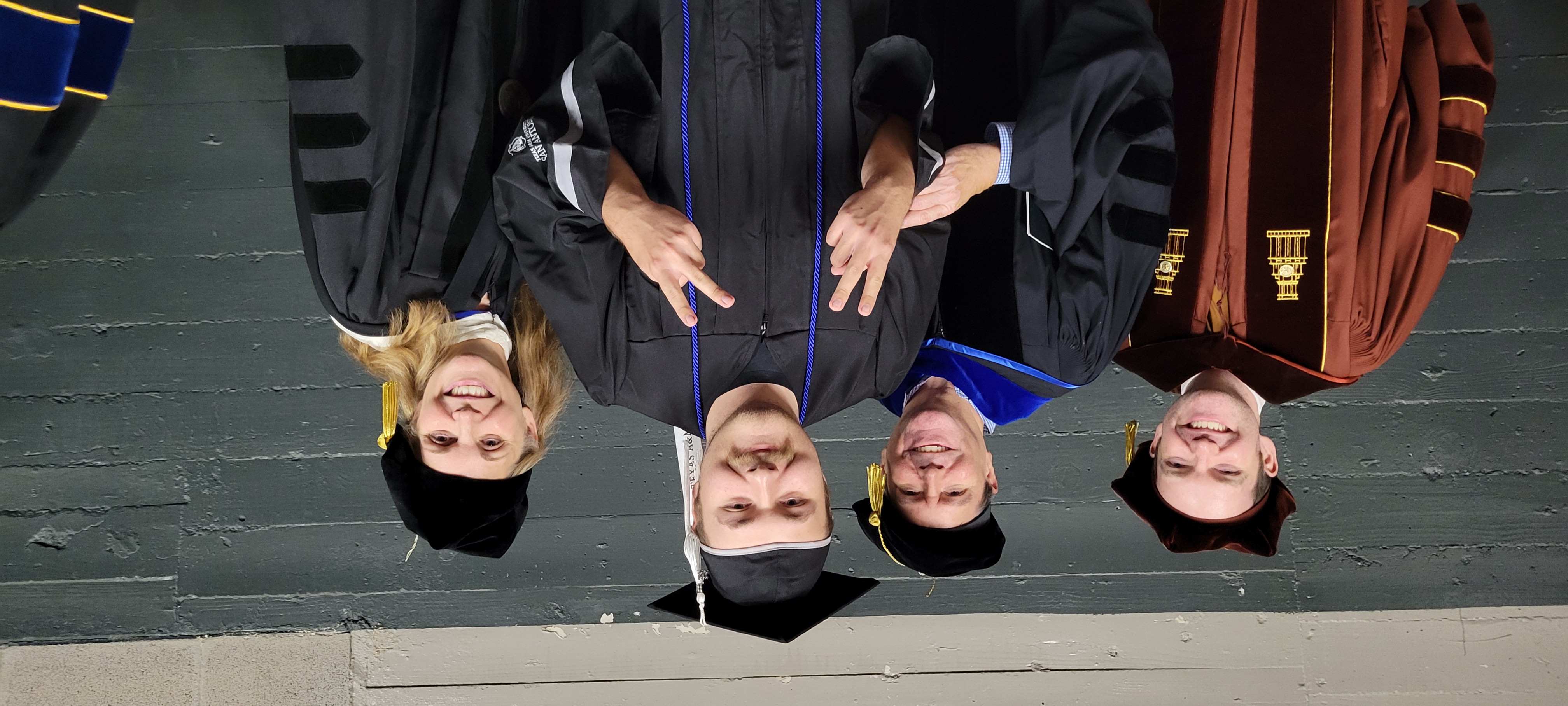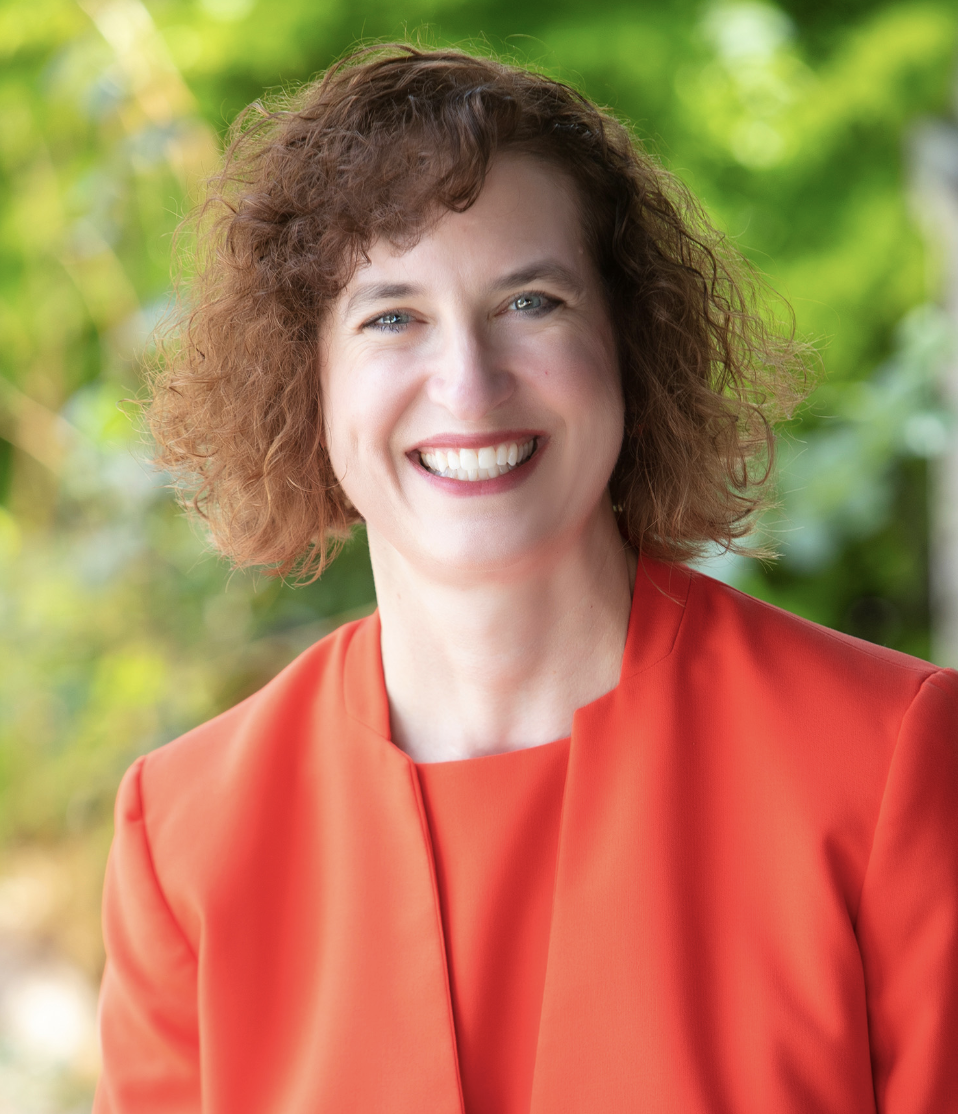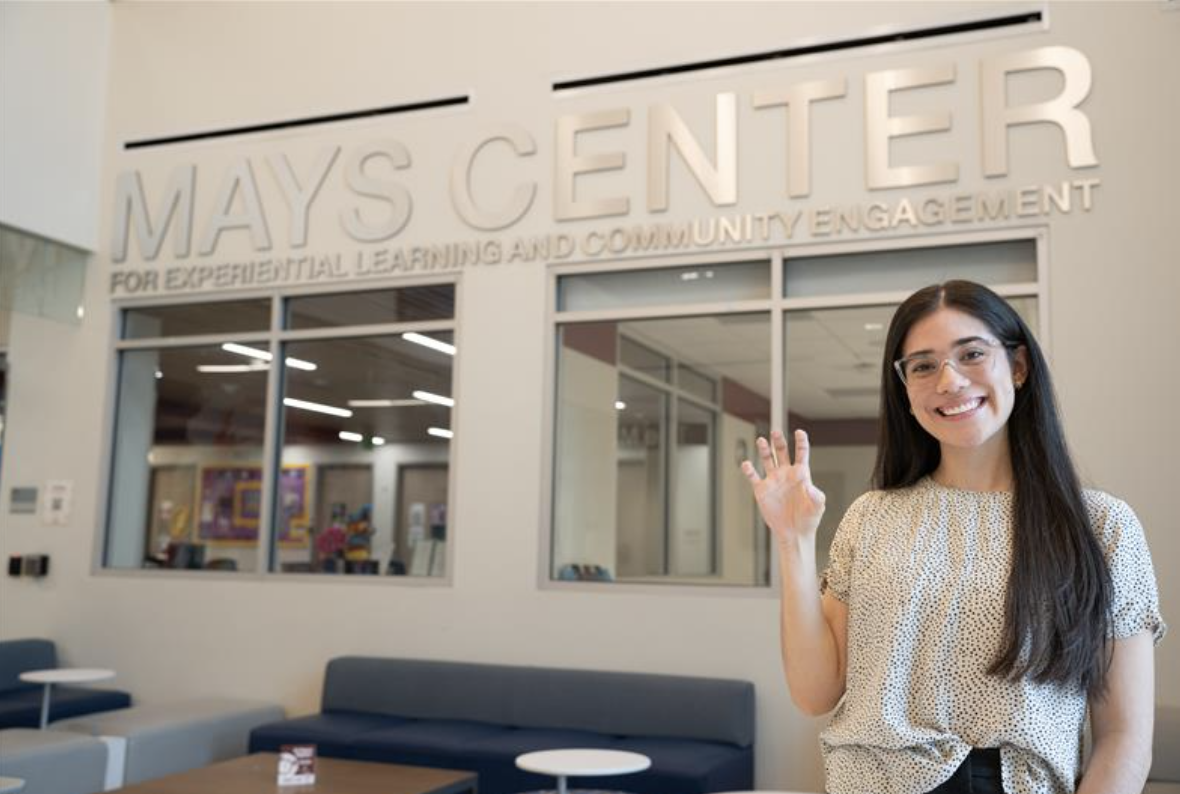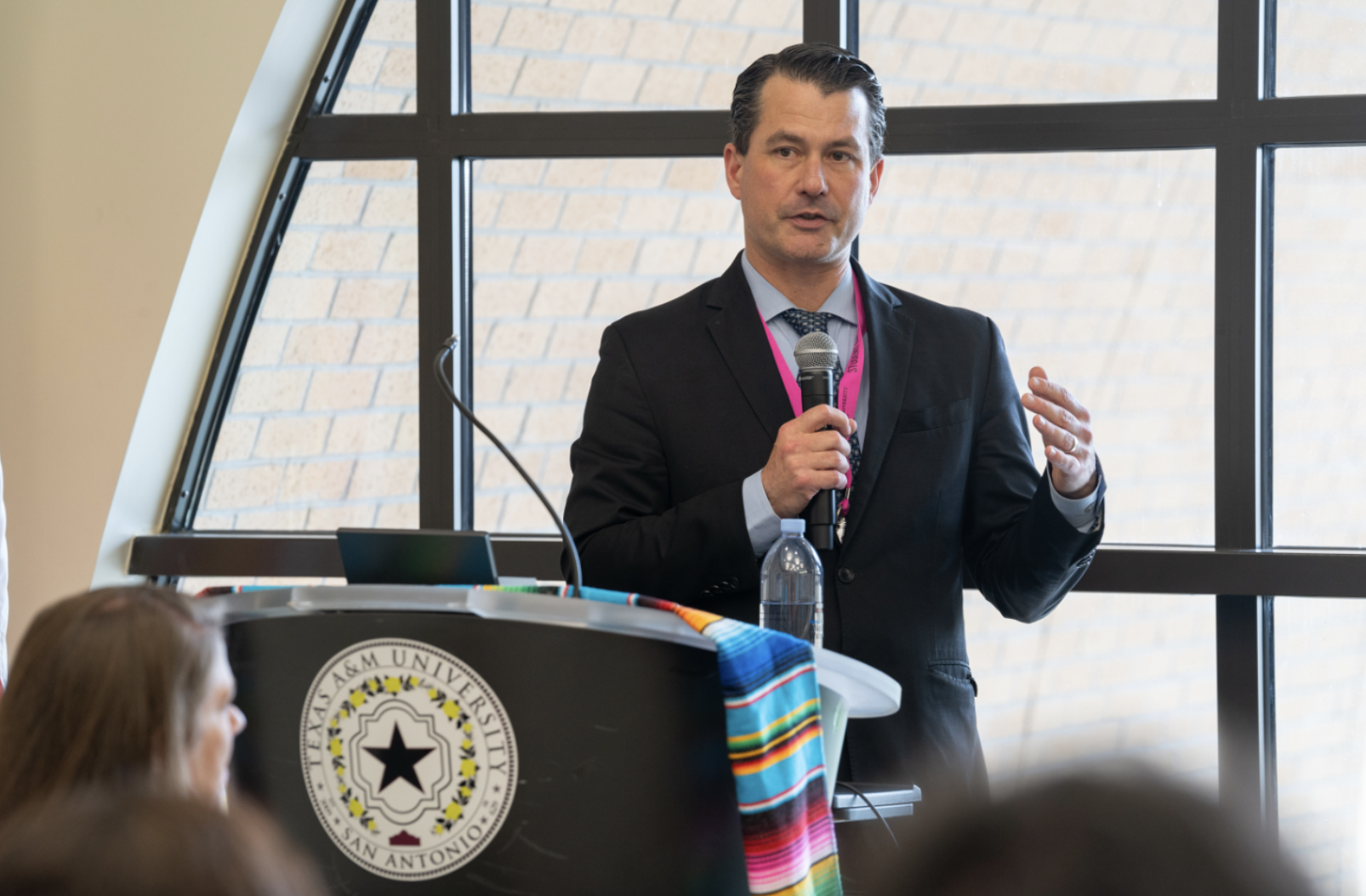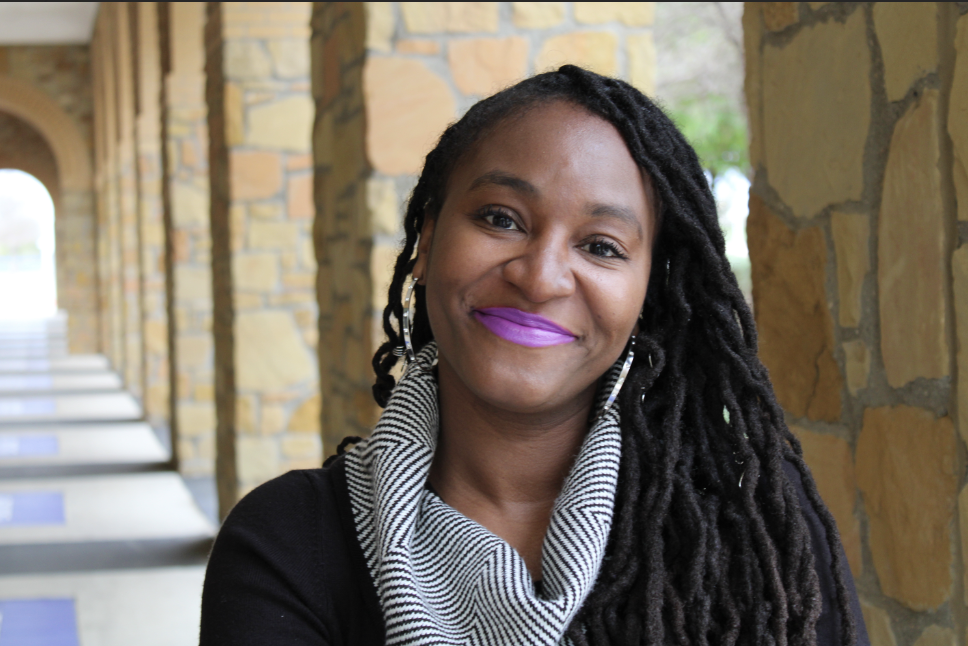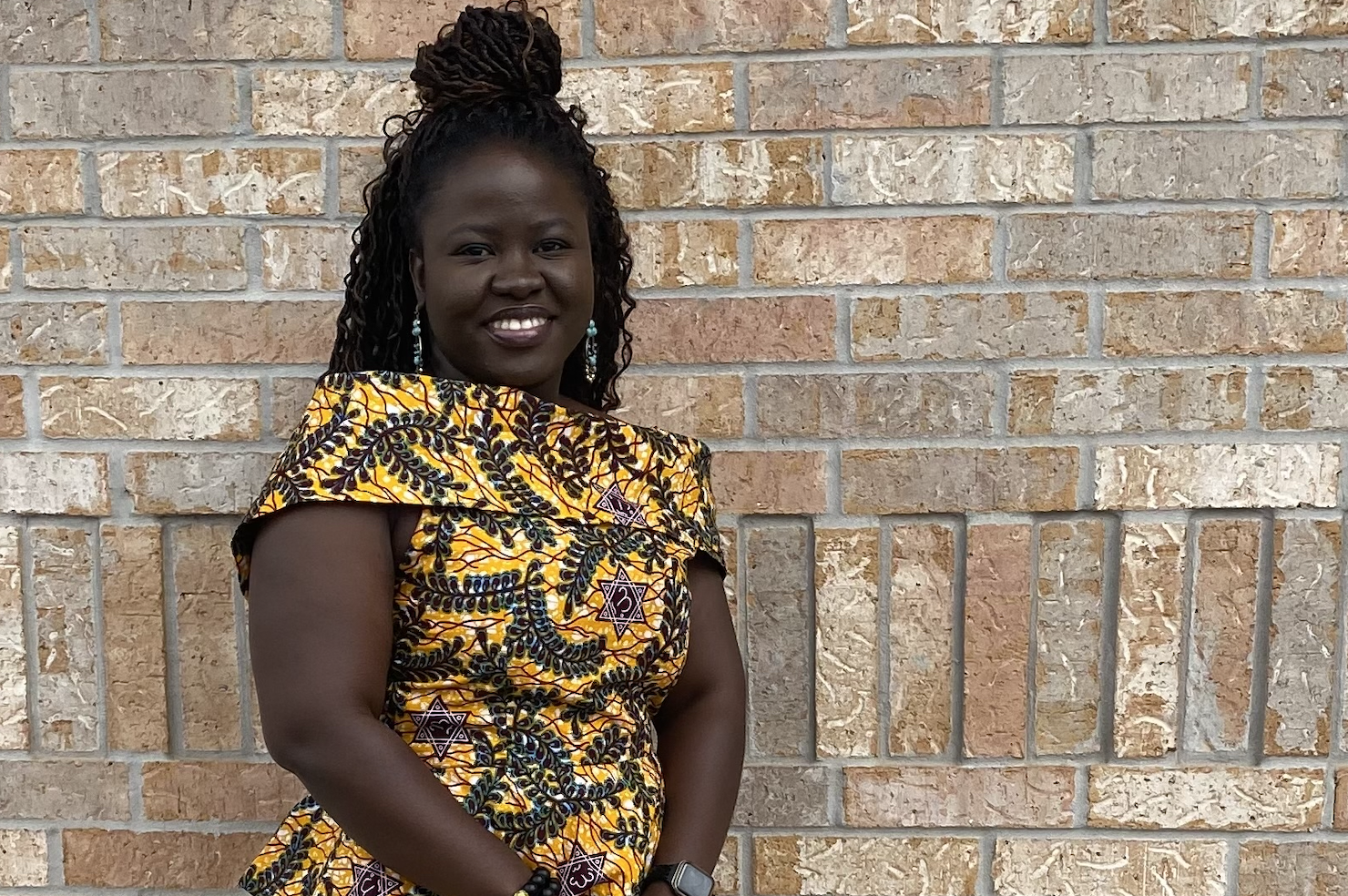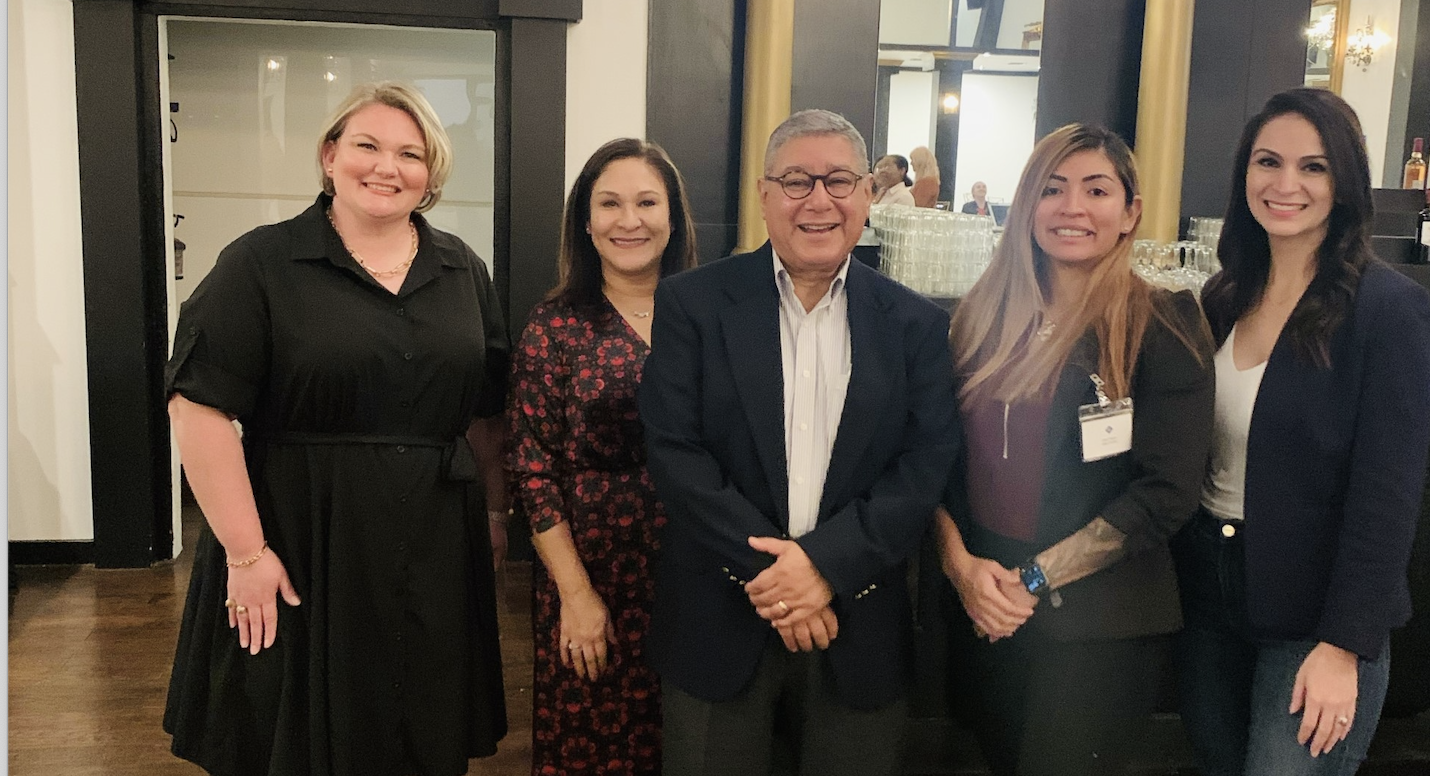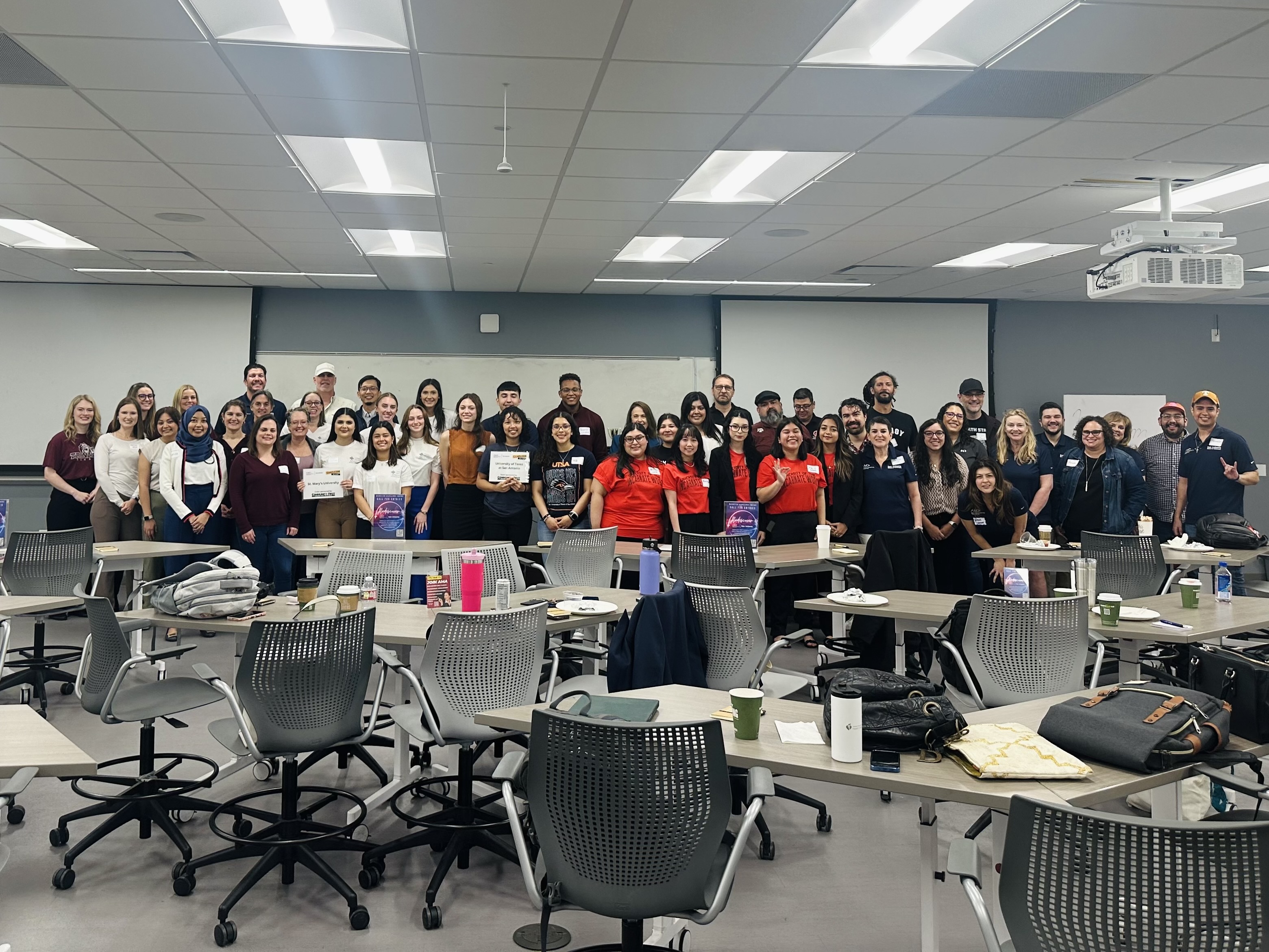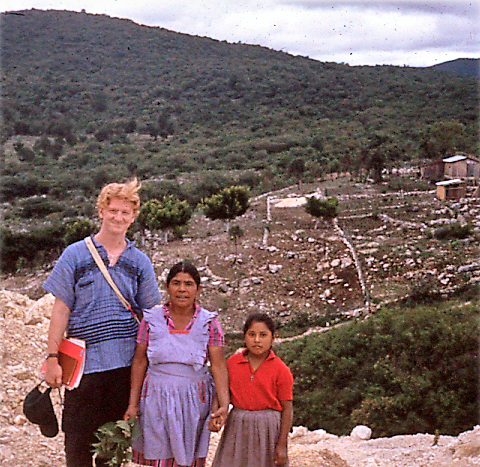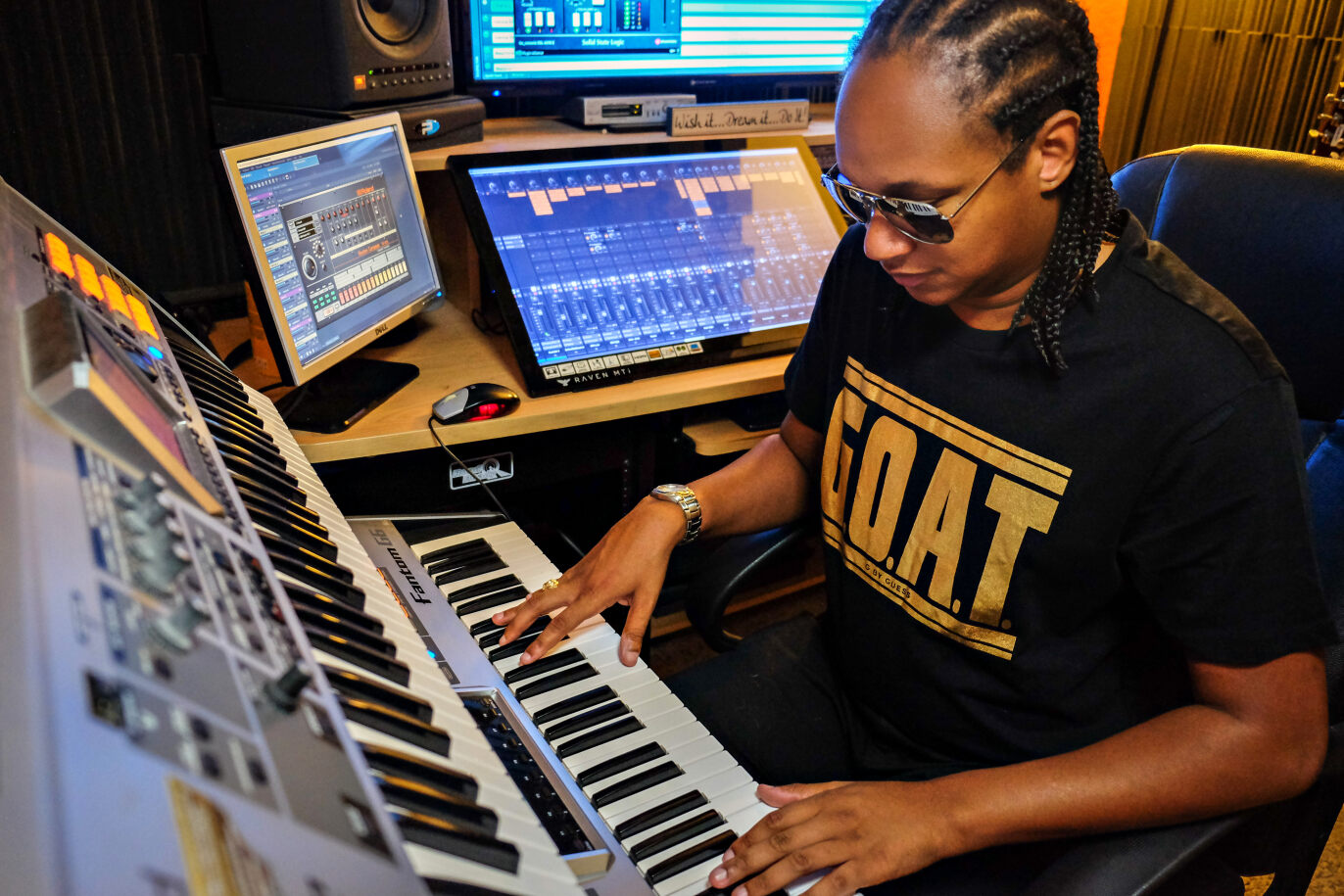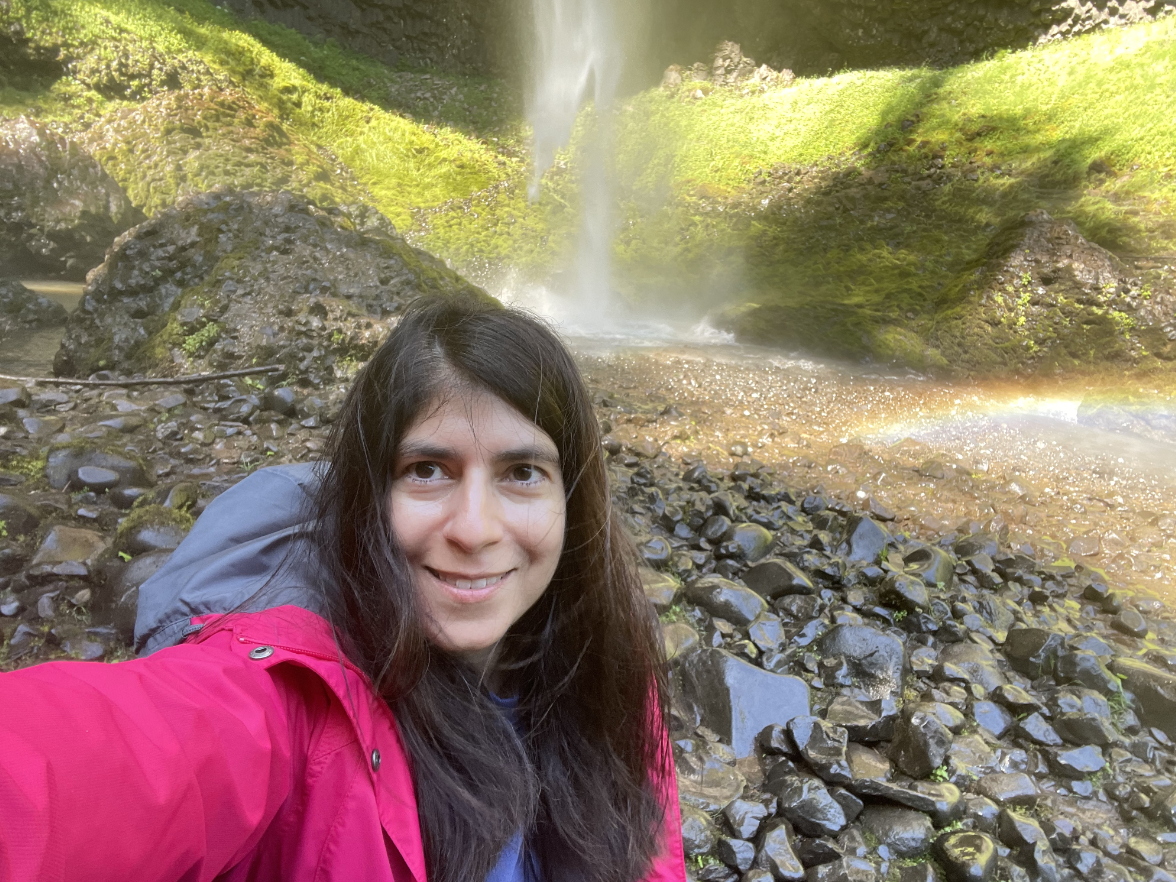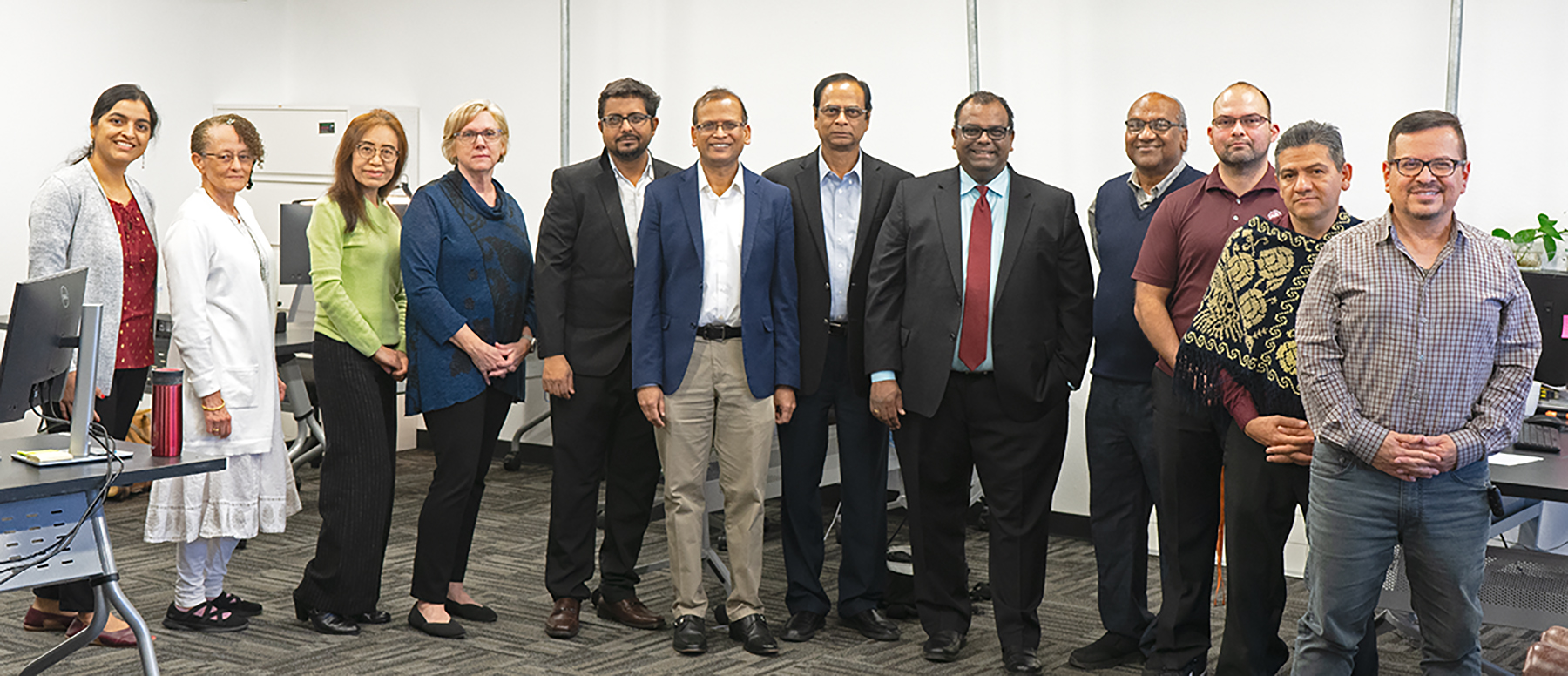Regents Professor of History Dr. Edward Westermann explores the use of alcohol and music to encourage mass murder during the Holocaust.
History can take you to some dark places. No one knows that better than Dr. Edward B. Westermann, Regents Professor of History at Texas A&M University-San Antonio. His latest book, Drunk on Genocide: Alcohol and Mass Murder in Nazi Germany, depicts how alcohol and music were used to develop a spirit of camaraderie among SS troops that facilitated their torture and killing of the concentration camp prisoners under their control.
Published by Cornell University Press (March 2021) in association with the United States Holocaust Memorial Museum, Dr. Westermann’s book expands the conversation of his earlier research detailed in his scholarly article “Stone-Cold Killers or Drunk with Murder? Alcohol and Atrocity during the Holocaust,” published in the spring 2016 issue of Holocaust and Genocide Studies, the premier Holocaust studies publication in the United States.
In that article, Dr. Westermann notes: “In many testimonies on mass murders of Jews by SS and German police units in the East, witnesses and perpetrators mention that alcohol was present or that the killers were intoxicated. In fact, it is clear from available evidence that alcohol – normally in the form of vodka or schnapps – was often available at murder sites.” His keen assessment of those numerous accounts: “In many cases, alcohol became a means of escape or of dealing with the psychological consequences of their horrific daily duties.”
The Disconnect Between Beauty and Brutality
Beyond the use of alcohol as a reward for killing, Drunk on Genocide makes another fascinating connection – that of the playing of music to accompany the violence, creating a celebratory festival-like atmosphere. According to Dr. Westermann, while the routine consumption of alcohol served to numb these troops to the brutality of their mission, the addition of music for its entertainment value likewise helped normalize and sanction their shared purpose of genocide.
And, it wasn’t merely the playing of music that would seem so incongruous. Perhaps most jarring to learn from Dr. Westermann’s research is how the incarcerated musicians themselves not only were ordered to play their instruments as Nazi Party troops imbibed and feasted, but also were forced to perform during the flogging and execution of fellow prisoners and while female prisoners were raped and sexually abused.
One of the chapters of Drunk on Genocide looks specifically at rituals of humiliation and dehumanization. “These are the truly dark places to explore,” notes Dr. Westermann. “For instance, these SS troops would hold Sunday celebrations where they would throw food scraps at the orchestra like pets. This incorporation of music is, I think, one of the most striking components, providing greater insight into how these men thought about themselves and what they were doing, and about their motivations.”
The book itself borrows from contemporary social science literature, notes Dr. Westermann. Instead of solely an historical exploration, it plumbs aspects of sociology and psychology, and of toxic masculinity. Important to note is the two levels of intoxication at play – the literal intoxication one gets from acts of drinking and drunken celebration, but also the metaphorical level of having power over others, suggests Dr. Westermann. As such, Drunk on Genocide is much more than the recording of an unconscionable historical event. It is a lens for better understanding the dangerous conclusion of unchecked prejudice and persecution at any time and in any place.
The Story That Never Leaves You
Dr. Westermann learned from personal experience that once you start to study the Holocaust, it never leaves you. His own journey of inquiry into Holocaust studies started during his 25-year career as a military officer in the United States Air Force with a request to teach what would become the first course on Holocaust Studies for the U.S. Air Force Academy. Dr. Westermann developed that course in collaboration with the Holocaust Educational Foundation, the leading institute supporting Holocaust education in the United States and Canada.
His research for that course likewise put Dr. Westermann in touch with a death camp survivor with whom he formed a personal connection and who became one of many voices helping him better understand the horrors of genocide. “As historians we want to think we can uncover the full truth, but in the end we can only glimpse what others have fully experienced.”
Like the dwindling number of WW2 veterans still alive to tell their stories, survivors of the death marches across Europe are a shrinking cohort, notes Dr. Westermann. “While much has been studied and recounted about the atrocities of the more than six million Jewish men, women, and children who perished by starvation and genocide, it’s important to bear in mind the millions more survivors with stories to tell.” For Dr. Westermann, it’s about getting to that level of individual experience of the survivors and the victims.
A Teachable Topic
“As historians, the things we talk about must have some value beyond their historical account,” argues Dr. Westermann. Unfortunately humanity too often does not learn the lessons of the past. The Rwandan genocide and the ethnic cleansing during the Bosnian War in the 1990s provide more contemporary examples of the tragic manifestation of persecution, but there are many examples of varying scope and scale, says Dr. Westermann. “When we talk about understanding persecution, exclusion and prejudice, we must acknowledge that while these don’t always lead to genocide, these practices and attitudes are always the start of what does lead to genocide or other acts of violence.”
As a teacher, Dr. Westermann makes sure those lessons don’t get lost – whether engaging cadets in discussions about the ethical and moral dimensions of military service and of warfare – or helping his A&M-San Antonio students grapple with what they themselves have witnessed or experienced with regard to discrimination, bias and exclusion. “Our own country offers some harsh lessons on this front,” says Dr. Westermann. One example he points to is the racially motivated violence of the Jim Crow South. “Perpetrators of these injustices posed smiling around the bodies of those they lynched like they were souvenirs.”
For Dr. Westermann, one misconception many people have about history is thinking it is all about dates and facts. “In actuality, history is about lived experience.” That’s why he firmly believes history majors are well-prepared for a range of jobs that require skillful negotiation. “Historical thinking allows strategic thinking – whether in the area of market trends, political movements and philosophies or interpersonal relationships.”
More on Drunk on Genocide
In addition to reading Dr. Westermann’s book, you can preview additional details about his research in his article “How the Nazis used music to celebrate and facilitate murder,” published in the March 12, 2021, issue of The Conversation. He also recently gave virtual book talks with the Holocaust Memorial Museum of Houston, the Schusterman Center for Jewish Studies at the University of Texas at Austin and with The Wiener Holocaust Library at University College London.
Dr. Westermann’s designation as a Regents Professor in the Texas A&M University System’s highest award for faculty in recognition of exemplary service within and beyond the University. During his career, he has published extensively on the Holocaust and military history. He was a J.B. and Maurice C. Shapiro Fellow at the United States Holocaust Memorial Museum for 2018-2019. In January 2019, Dr. Westermann was appointed by the Lieutenant Governor’s Office as a Commissioner on the Texas Holocaust and Genocide Commission.


